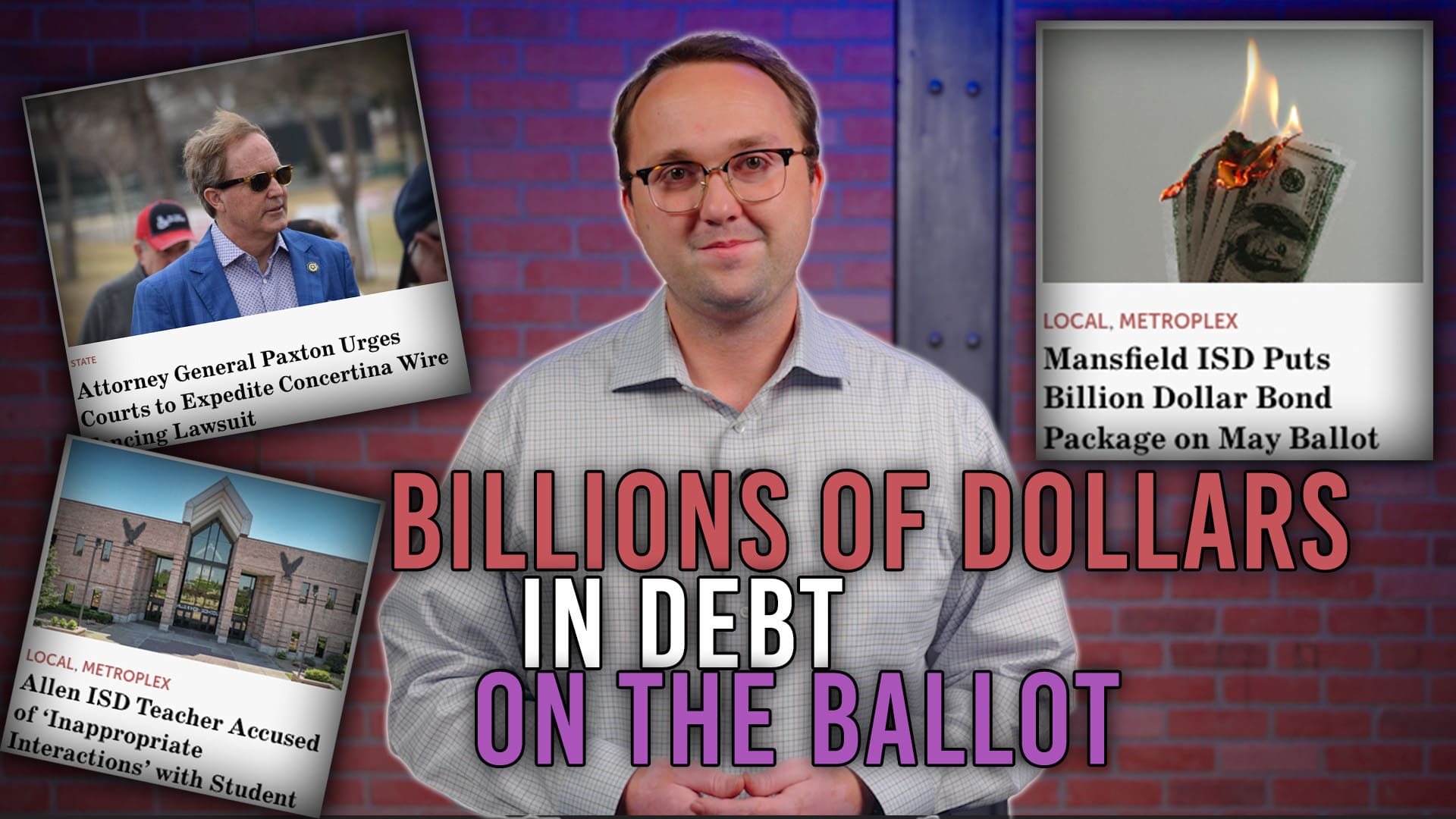Texas government, be it statewide or local, seems mired in a dilemma. On the one hand, we have some tremendously transparent government entities (i.e., the city of Houston’s website was given an A- rating by Sunshine Review last year). On the other, we have some very outdated codes and laws governing transparency. Rep. Jonathan Stickland (R-Bedford) has filed HB 335, a bill aimed at rescinding laws requiring government entities in Texas to post notices of public hearings in newspapers, instead allowing for the information to be posted on the entity’s website.
Given that online media is a tool that is replacing print media at an ever-growing rate, this shouldn’t be all that controversial. Newspaper notices are outdated, at least in larger urban and suburban areas where the distribution rate for the local fishwrap is only a small percentage of the population. Note, too, that newspaper notices are often buried – and most folks will probably admit to not looking for them, even if they are aware the notices are there in the first place.
There are a couple of downsides. Newspaper posting is a measure of transparency in itself, so if replaced, transparency must still be the key. While more counties, cities, school districts, and other taxing entities have websites or another presence online than ever before, there is still a huge disparity of actual transparency. I noted above that Sunshine Review, an organization that evaluates government websites for transparency and ease of use, gave the city of Houston an A- for their website, but a considerably smaller city, Brownwood, got a C-.. El Paso ISD got a B-, and while Anna ISD has not been rated, it’s clear that information on the website is considering lacking. We can infer from just these examples, and there are plenty more, that simply having a website isn’t a true indicator of commitment to transparency; governments are often paying lip service to the idea by having a bare-bones site available, while making it difficult to navigate for even experienced users.
There’s disparity between larger and smaller government entities and how transparent they are; whether that’s because of a lack of resources or a lack of willpower is unclear. Some still do not have websites at all or have only the “bare bones.” This does have to be considered. If given the opportunity to post information about meetings only on the website, will it be easy to find? Clear, in bold print, on the front page? Of course, Texas statute doesn’t address those concerns for newspaper advertisements, stating only the time frame in which the notice must be posted, which will carry over to the website requirement with HB 335.
So far, it seems Texas’ government entities and associations will be fine with this, and Texas’ old media behemoth will sputter and screech in protest at the lost revenue. Though, these are the same government entities and associations that fight every attempt to require the online posting of check registers, budgets, end-of-year financial statements and more (legislation that, in the 2011 session, was never even heard in committee, and made it only as far as the intent calendar in 2007).
The real problem isn’t necessarily the means by which the notice is communicated – it’s whether that notice is easy to find and easy to read or interpret. HB 335 goes a long way toward dragging Texas into the modern age and should definitely be applauded, but transparency is still an issue, online and off, and especially in local government.
(H/T Texas Watchdog)



